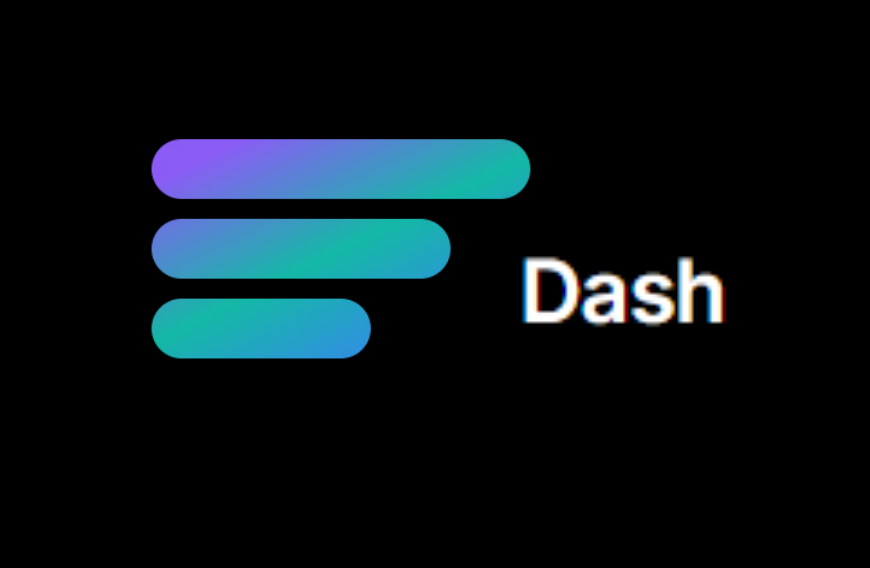In the fast-evolving landscape of artificial intelligence, businesses are continually seeking innovative ways to enhance workflow efficiency and productivity. One startup that stands out in this domain is Dash, recently backed by Y Combinator, presenting a unique AI agent platform aimed at improving how knowledge workers interact with their digital tools. Often dubbed “ChatGPT with hands,” Dash seeks to transform traditional workplace dynamics by connecting seamlessly with widely used applications such as Gmail, Notion, and Slack, allowing users to tackle tasks autonomously.
For small and medium-sized businesses (SMBs), this emerging technology can be a game-changer. Many knowledge workers find themselves devoting an overwhelming 90% of their time to manual and repetitive tasks that are not only time-consuming but can also hinder creativity and strategic thinking. Dash addresses this issue head-on by enabling users to build powerful automation sequences that integrate their favorite productivity tools. As such, employees can transition from monotonous tasks to more strategic activities that drive business growth.
To optimize daily operations, SMBs can leverage Dash to create intelligent triggers that automatically execute workflows based on defined events across linked applications. By harnessing AI-propelled automation, businesses can efficiently send emails, update databases, and draw insights from vast data sets without the need for constant manual intervention. This capability not only streamlines workflows but also enhances decision-making and overall efficiency, allowing employees to focus on high-value tasks that align with their organizational goals.
A practical example illustrating this effectiveness may involve a sales team spending hours conducting research on prospective clients. By setting up automation sequences using Dash, the team can enable the AI to gather, synthesize, and present relevant information from multiple sources—all while preparing them for meetings with key insights. This level of automation transforms how teams operate, facilitating not just time savings but also enhanced accuracy in the information they present.
Furthermore, Dash’s AI-powered search capabilities empower users to quickly locate information across applications, which traditionally would require navigating various platforms. By significantly cutting the time spent searching for data, employees can reinvest those hours into analyzing insights and developing strategies that drive revenue. In today’s fast-paced business environment, rapid decision-making often distinguishes successful companies from their competitors.
Security and privacy concern many organizations, especially when integrating AI tools. Dash has approached this crucial aspect with a security-centric design that safeguards app connections while adhering to strict data protection standards. For SMBs, ensuring that sensitive information remains protected is paramount, especially when their growth often hinges on trust and transparency. Adopting tools that prioritize security alongside functionality can bolster employee confidence in these systems and foster a culture that embraces innovation.
Looking toward the future, the co-founders of Dash—Pranjali Awasthi, Dhruv Roongta, and Harsha Gaddipati—illustrate a youthful yet informed perspective on the opportunities within the tech startup landscape. Their backgrounds speak to a commitment to leveraging technology in transformative ways. Awasthi, the youngest of the trio, demonstrates how innovation can emerge at any age, having started coding at just seven. Her experience points to the importance of fresh ideas in addressing longstanding business challenges, particularly in the realm of AI applications.
Dash’s success could serve as a benchmark for other SMBs interested in harnessing the power of AI-driven workflows. The platform offers several community-built automation use cases like sales data analysis, overnight updates, and proposal generation, arming SMB leaders with a variety of tools to enhance efficiency immediately. By adopting these AI capabilities, businesses create an environment where operational agility thrives, increasing the potential for growth and innovation.
Moreover, the integration of such automation strategies typically yields a significant return on investment. The hours saved translating into renewed focus on employee development and strategic initiatives can easily translate to improved morale and productivity. When team members find themselves empowered with tools that lighten their workload, they are more likely to deliver better outcomes and contribute positively to the organization’s culture.
In conclusion, as SMBs navigate the complexities of modern business, integrating AI-driven workflows into their operations is not merely a trend but a necessity. Solutions like Dash exemplify how combining automation with strategic thinking can transform daily grind into opportunities for growth and creativity. Embracing such technologies provides a pathway not just to efficiency, but to a more innovative, agile workforce ready to tackle the challenges of tomorrow.
FlowMind AI Insight: The future of work is undeniably influenced by automation and AI, making it essential for SMBs to prioritize these technologies. By adopting platforms that enhance workplace productivity, businesses can not only streamline their operations but also foster a culture of innovation that fuels long-term success.
Original article: Read here
2025-07-10 07:00:00

